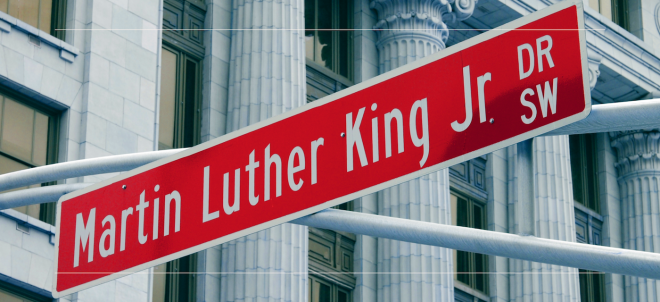Thy Kingdom Come, Thy Will be Done

A few days ago, I went to see the newly released movie “Just Mercy.” It is an inspiring film based on the true story of Walter McMillian, an African American man on death row unjustly convicted of killing a white woman in 1986, and his defense attorney, Bryan Stevenson. With this narrative fresh in my mind and the Martin Luther King, Jr. holiday just around the corner, I cannot help but reflect on the evil of racism. I share some of my thoughts with you.
First, despite all our good values, racism is real and a disease parasitically growing on the roots of this nation. Tragically, it was present from the beginning in seventeenth century colonial Jamestown where the cultures and skin colors of English settlers, Angolan slaves, and Pamunkey Native Americans clashed, as well as our own day where the concept of white nationalism has once again reared its ugly head.
Secondly, racism is a sin and like all disobedience to God’s ways can only be forgiven through repentance and amendment of life. This notion of confessing racism is expressed well in our worship when “we acknowledge and bewail our manifold sins and wickedness, which we from time to time most grievously have committed, by thought, word, and deed, against thy divine Majesty, provoking most justly thy wrath and indignation against us” (BCP 331). “Amendment of life,” where we go from here, is not simple but crucial to my understanding of a Christian response to the call for racial reconciliation.
In this regard, I commend to you an event this Sunday, January 19 from 4:00 – 5:00 p.m., at St. Christopher’s Church in Dallas. Sponsored by St. Christopher’s and Church of the Good Shepherd, there will be a special reading and discussion of Martin Luther King, Jr.’s speech, “Where Do We Go from Here?”
Thirdly, although the dismantling of racism has political ramifications of great consequence, it is also a spiritual matter. God’s eschatological vision for creation can be seen in the last book of the Bible where “people from every nation, race, tribe, and language” worship God together as a community of saints (Revelation 7:9 NJB).
Again, from the Book of Common Prayer: “Have mercy upon us, have mercy upon us, most merciful Father; for thy Son our Lord Jesus Christ’s sake, forgive us all that is past; and grant that we may ever hereafter serve and please thee in newness of life” (BCP 331). May God’s will be done on earth as it is in heaven.
+mgs



